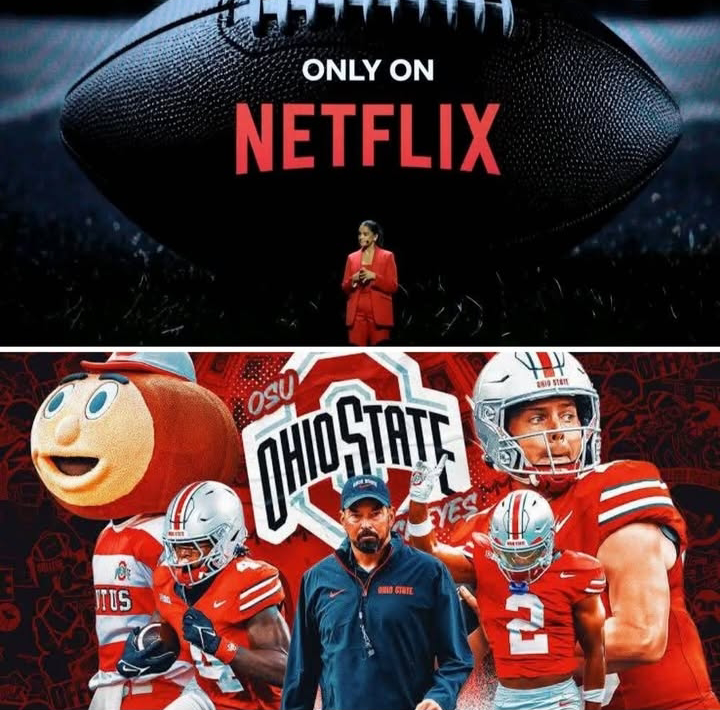As the college basketball season winds down and the NCAA Tournament looms on the horizon, coaches, players, and fans alike find themselves waiting anxiously for Selection Sunday. The release of the bracket is one of the most anticipated moments of the year, sparking debates about seeding, snubs, and the overall fairness of the selection process. One voice that consistently rises above the noise is Rick Barnes, head coach of the Tennessee Volunteers. Recently, Barnes made an insightful and thought-provoking statement about the NCAA Tournament selection committee that other coaches should take seriously.
For years, coaches, analysts, and even fans have had mixed opinions about the criteria used by the selection committee to determine which teams make the tournament, their seeding, and which teams are left on the bubble. Barnes, known for his candid and thoughtful commentary, has been one of the most vocal critics of certain aspects of the selection process. However, it’s not just criticism that Barnes offers — he also provides constructive insights that could help make the selection process more transparent, fair, and, most importantly, accurate.
### Barnes’ Point: A Call for Consistency and a Deeper Look at the Metrics
Rick Barnes recently made a compelling case about the NCAA Tournament selection process, emphasizing the need for consistency and a more thorough examination of the metrics used to determine the field of 68 teams. His comments, though directed at the selection committee, are a call to action for all involved in the process — from coaches to analysts and even the fans who critique the bracket after it’s revealed.
One of Barnes’ main arguments is that the selection committee often overlooks the broader context of a team’s season when making decisions. While it’s easy to look at win-loss records, conference championships, and RPI (Rating Percentage Index) rankings, Barnes pointed out that there are nuances that need to be considered when evaluating a team’s overall resume. He highlighted the importance of factoring in injuries, suspensions, and the quality of opponents played — especially during non-conference schedules.
Barnes is quick to acknowledge that strength of schedule is a critical aspect of the selection process, but he argues that it’s not always a perfect indicator of a team’s true strength. For instance, a team that plays a difficult non-conference slate but struggles in conference play can sometimes be penalized unfairly, despite showing promise against tough competition. Similarly, a team that dominates a weaker non-conference schedule but performs well in conference play can sometimes be overvalued, even if their overall strength of schedule doesn’t stack up.
Barnes also pointed out that the “eye test” should not be disregarded in favor of strictly statistical data. While analytics play a significant role in the selection process, Barnes argues that subjective factors, such as how a team has been playing in the weeks leading up to the tournament, should also carry weight. A team that peaks at the right time, even if they faced adversity earlier in the season, should not be overlooked simply because of early-season struggles. Barnes made a compelling argument for evaluating teams based on their trajectory, not just their record.
### The Case for Contextual Understanding
One of the core issues Barnes raised about the selection committee is the importance of understanding the context of each team’s season. Injuries, especially to key players, can dramatically change the trajectory of a team’s performance. A team that loses its star player for a stretch of games could appear weaker in terms of their win-loss record but may still have the potential to be a strong tournament contender when that player returns to full health. Barnes argues that the selection committee should give more weight to how teams perform with their full roster intact, rather than penalizing them for a rough stretch during a period of injury or other external factors.
Additionally, Barnes stressed the importance of looking at a team’s overall progression throughout the season. A team that starts off slow but improves significantly by the end of the season should be viewed differently than a team that starts strong but falters as the year goes on. Barnes advocates for a holistic approach that takes into account how a team is playing during the most crucial stretch of the season — leading up to conference tournaments and Selection Sunday.
This idea of considering a team’s season as a whole rather than focusing solely on isolated data points is not only fair, but it also aligns with the true spirit of March Madness. The tournament is a time when unexpected upsets can and do happen, and teams that are peaking at the right time often become the Cinderella stories that make the tournament so exciting. Barnes’ call for context is, at its core, a call for a more nuanced and fair evaluation process that takes the complexities of a season into account.
### The Need for Transparency in the Selection Process
Another key point Barnes raised was the lack of transparency in the selection process. While the selection committee releases a bracket and provides general explanations for their decisions, the full details behind each decision are often left in the dark. Barnes argues that providing more transparency would not only allow for a better understanding of the committee’s decisions but also give teams a clearer idea of how they can improve their standing for future tournaments.
For example, teams often find themselves on the bubble with little understanding of why they were left out or why they received a particular seed. By offering more insight into the committee’s deliberations, coaches and programs could have a clearer picture of what areas they need to focus on to improve their chances in future seasons. This transparency would also help eliminate some of the common critiques about bias or inconsistency in the selection process.
### Why Other Coaches Should Listen
Barnes’ perspective on the selection committee is not just an isolated opinion; it’s an argument that other coaches across the country should take seriously. College basketball has evolved significantly in recent years, with more emphasis on analytics and advanced metrics, but Barnes reminds us that the human element — including context, team dynamics, and the trajectory of a season — should never be overlooked.
For coaches, the takeaway from Barnes’ comments is the importance of fostering a comprehensive understanding of their own teams and the process at large. Barnes’ plea for more context and consistency challenges coaches to better articulate the narratives behind their teams’ seasons. Instead of relying solely on metrics like RPI or quadrant wins, coaches should be ready to make a case for why their team deserves to be in the tournament — taking into account the various factors that affect performance and ultimately define a season.
In addition, Barnes’ call for transparency is crucial for the overall integrity of the sport. College basketball coaches are responsible for shaping the future of the game, and they should advocate for a selection process that is as fair and transparent as possible. By supporting Barnes’ stance, coaches can help ensure that every team’s resume is considered thoroughly, and that the selection committee operates in a manner that rewards teams for their true potential, not just their performance in a vacuum.
### Conclusion
Rick Barnes’ recent comments about the NCAA Tournament selection committee provide a refreshing perspective on the often-criticized process of selecting and seeding teams for March Madness. His call for a more nuanced and contextual approach to evaluating teams should be taken seriously by other coaches, as it encourages fairness, consistency, and transparency. As the selection process continues to evolve, Barnes’ insights remind us that March Madness is not just about numbers but about the story behind each team’s journey. His call for improvement in the selection process is not only an invitation for fairness but also a push for a more comprehensive understanding of what makes college basketball so compelling — its unpredictability and the human drama that unfolds each season.






Leave a Reply